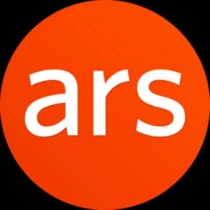-
 chevron_right
chevron_right
I, too, installed an open source garage door opener, and am loving it
news.movim.eu / ArsTechnica • 15 November, 2024 • 1 minute
Like Lee Hutchinson, I have a garage. The door on that garage is opened and closed by a device made by a company that, as with Lee's, offers you a way to open and close it with a smartphone app. But that app doesn't work with my preferred home automation system, Home Assistant , and also looks and works like an app made by a garage door company.
I had looked into the ratgdo Lee installed, and raved about , but hooking it up to my particular Genie/Aladdin system would have required installing limit switches . So I instead installed an OpenGarage unit ($50 plus shipping). My garage opener now works with Home Assistant (and thereby pretty much anything else), it's not subject to the whims of API access, and I've got a few ideas how to make it even better. Allow me to walk you through what I did, why I did it, and what I might do next.
Thanks, I’ll take it from here, Genie
Genie, maker of my Wi-Fi-capable garage door opener (sold as an "Aladdin Connect" system), is not in the same boat as the Chamberlain/myQ setup that inspired Lee's project. There was a working Aladdin Connect integration in Home Assistant, until the company changed its API in January 2024. Genie said it would release its own official Home Assistant integration in June, and it did, but then it was quickly pulled back, seemingly for licensing issues . Since then, no updates on the matter. (I have emailed Genie for comment and will update this post if I receive reply.)

